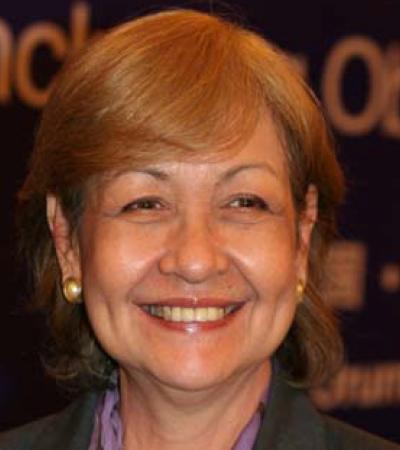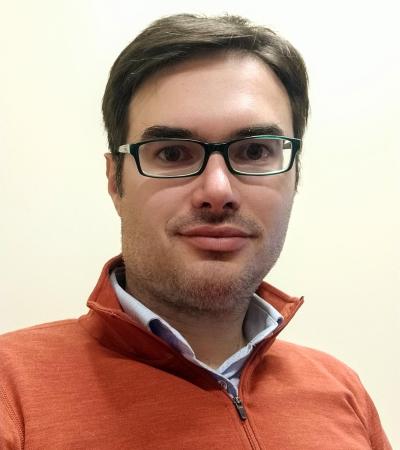Solidarity Panel: Deconstructing International Solidarity

These days the word “solidarity" is used much more often than in the past. We certainly do feel a sense of “solidarity”—with people helplessly caught in dire situations like natural or man-made catastrophes, for example—or we feel "in solidarity" with particular causes and advocacies. Does the term "international solidarity" mean the same as “solidarity" but on an international scale? Why is it important to know about "international solidarity”?
Virginia Dandan is the UN Human Rights Council’s independent expert on human rights and international solidarity, appointed to develop a draft declaration on the right of peoples and individuals to international solidarity.
Dandan served on the UN Committee on Economic, Social and Cultural Rights for 20 years and chaired the committee from 1999 to 2007. With extensive experience in human rights work on the ground, she has provided technical assistance on UN treaty body reporting as well as training on economic, social and cultural rights, human rights in development, human rights education and training, the rights of indigenous peoples, cultural rights, gender issues, and sustainable development.
Previously a faculty member and dean at the Philippines College of Fine Arts, Dandan holds a PhD in anthropology from the University of the Philippines.
Luigi Crema, a spring 2016 Kellogg visiting fellow, holds a joint appointment in the Law School. He is associate researcher at the Università degli Studi of Milan, where he teaches on such topics as the law of treaties, human rights in international investment arbitration, and settlement of international boundary disputes. His research interests focus on the foundations of international law and in particular on the law of treaties and international customary law. He holds a joint PhD from the Universities of Milan and Geneva.
Crema’s work has appeared in a variety of books and law reviews, included the European Journal of International Law and the Italian Yearbook of International Law. He was a 2011–12 fellow at NYU Law School’s Jean Monnet Center for International and Regional Economic Law and Justice.

Virginia Dandan
Virginia Dandan is the UN Human Rights Council’s independent expert on human rights and international solidarity, appointed to develop a draft declaration on the right of peoples and individuals to international solidarity. Dandan served on the UN Committee on Economic, Social and Cultural Rights for 20 years and chaired the committee from 1999 to 2007...





